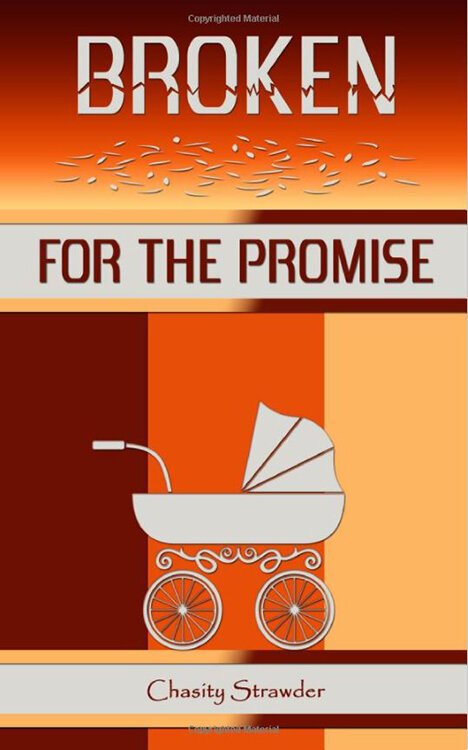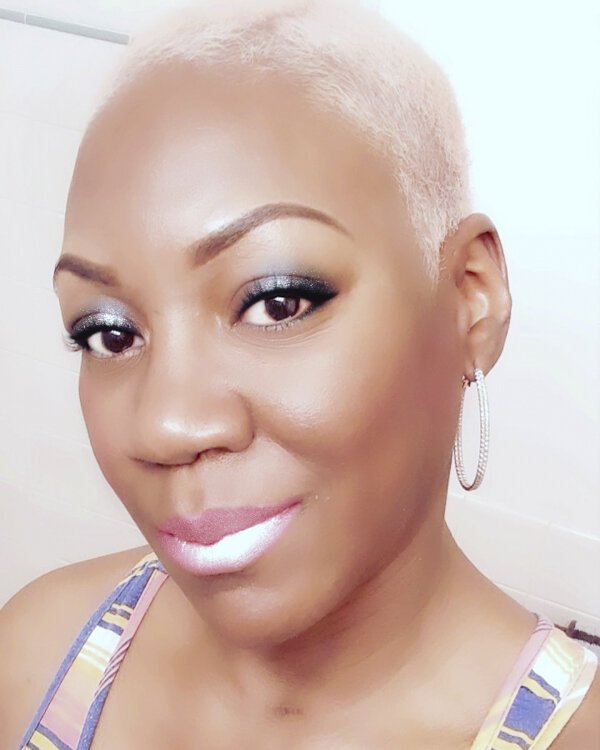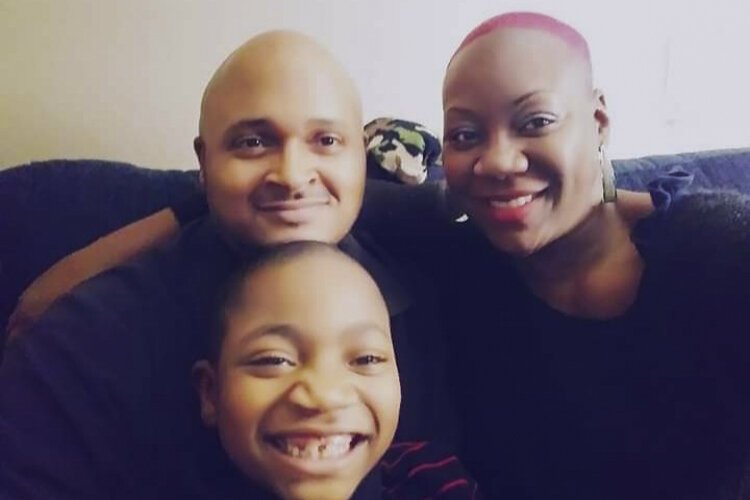Beauty for Ashes: One family’s struggle to overcome barriers and birth a child
Originally from Southeast Arkansas, Chasity Strawder has lived in Willoughby for the past three years with her husband, Terrence Strawder, Jr., and two sons, Donovan and Joshua. Today, their lives are stable, but they’ve been through their fair share of tragedy and struggle to arrive at the place they are today.
Strawder birthed Donovan in her mid-20s with no problems, and Joshua, her first child with Terrence, was born when she was in her mid-30s.
However, Strawder’s fight to give her second child life nearly cost her own life.
 While pregnant, doctors diagnosed Strawder with a digestive disease and told her that the chances that both she and her unborn son would survive the pregnancy were slim. Yet, they also told her the illness would correct itself.
While pregnant, doctors diagnosed Strawder with a digestive disease and told her that the chances that both she and her unborn son would survive the pregnancy were slim. Yet, they also told her the illness would correct itself.
“I wasn’t expected to live, my son either,” says Strawder. “He’s now 10.”
Strawder’s experience is one that is all-to-common among women of color. According to the National Partnership for Women and Families, both societal and health system factors contribute to high rates of poor health outcomes and mortality for Black women, who are more likely to experience barriers to obtaining quality care and face racial discrimination.
Strawder chose to continue the pregnancy, and she carried Joshua to term with a “quick” delivery. Today, both mother and son are healthy. But the path wasn’t easy.
A rough start
A couple of months before conceiving Joshua, Strawder, an elementary school teacher, miscarried at five weeks when she was living in Ann Arbor, Michigan.
“It was very traumatic for me,” she says, explaining how she collected the tissue and went to the ER. The doctors ran tests on the fetal tissue but provided no explanation for the miscarriage. Strawder says the doctors didn’t see anything abnormal.
“There was no treatment or follow up,” says Strawder. She recalls a lot of bleeding—nonstop for about a month. When she inquired about it, her doctors advised her to “wait and see.”
“I held onto my faith,” she says.
Strawder tried to move on with life. A few weeks later, to her surprise, she became pregnant again.
“I didn’t even know I was pregnant—I thought it was some kind of virus,” recalls Strawder. “I went to the ER for projectile vomiting, I was still grieving the baby I miscarried. It was a shock.”
High risks
The struggle to bring her son to term was difficult.
Because doctors deemed her third pregnancy high risk, she saw an OB/GYN, a high-risk specialist, and a gastroenterologist. To make matters worse, with the increasing medical bills, they found themselves homeless.
“My husband wasn’t making a lot so we were evicted, and had to move into a one room motel,” explains Strawder. They did have insurance, but not enough.
The vomiting increased and she experienced abdominal pain. She found herself in the ER every other day and ended up getting an endoscopy. Doctors discovered water on her stomach, and her stomach was not emptying out properly. She couldn't hold down food and could not take medication.
The disease had a severe effect on her pregnancy, to the point where she had to rely on IV fluids for nutrition.
Strawder remained bedridden. Her husband fed her nutritional yeast with milk so she would remain hydrated. She says she had so many IVs inserted that her veins are still damaged today.
Other than checking to see if she remained alive, she was left alone by her doctors and told, “it will correct itself.” Like many Black women, Strawder was left to feel blown off or ignored by the doctors.
Once Strawder went into labor, the delivery doctor was running late, and the nurses had to deliver Joshua.
 Chasity StrawderFinding her voice
Chasity StrawderFinding her voice
Three months after giving birth to Joshua, Strawder and Terrence found a place to live and she started writing about her experiences as a form of therapy.
“It was so overwhelming for me, very traumatic,” recalls Strawder. “My husband worked a lot to cover household expenses. I kicked into survival mode. I went from that experience to becoming a mother.”
Strawder says writing was an attempt to seek closure. She started to remember things and could visually recollect everything she went through during the pregnancy—recalling every detail of her intense emotions.
“I had suppressed that pain,” says Strawder. “I believed somebody probably needed to hear my story [of] how I came out on the other side. I went from thinking about myself to thinking about someone else.”
The writing, which started as therapy, in 20014 turned into the Strawder’s book, “Broken For the Promise.” Strawder says the book was her letter to God, wanting to understand why she went through this.
“Getting the opportunity to speak, share my story, and doing radio interviews, I realized my purpose is to help someone else,” she says.
While pregnant with Joshua, Strawder didn’t know the correlation between Black women and infant mortality rates. “I didn’t realize what I was going through was systematic racism,” she says. “I don’t believe some of the things [said to me] would have been said to a white woman.”
For example, she recalls the doctors telling her they didn’t see her health issues correcting themselves while she was pregnant. She says they told her that if she chose to make another decision—meaning have an abortion—it would be okay.
“They weren't overly concerned as long as the baby was moving,” says Strawder.
“My life was hanging in the balance and they just didn’t care. I was on my own.”
Strawder wants other women who have experienced maternal health issues to know they are not alone and to feel comfortable in speaking up, advocating for themselves—and stand united.
“We are a sisterhood—a sisterhood of pain and trauma,” she says. “We are one.”
This story is part of a reporting collaborative called Beauty for Ashes, funded through an Informed Communities grant from the Cleveland Foundation, Akron Community Foundation, Knight Foundation and The Center for Community Solutions.


